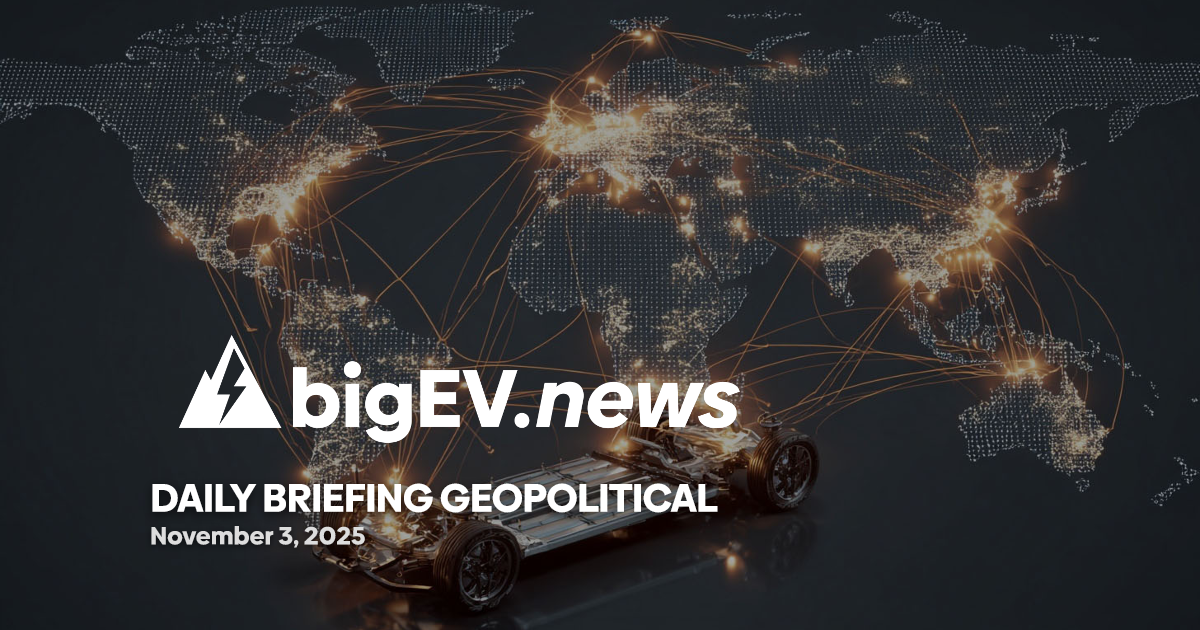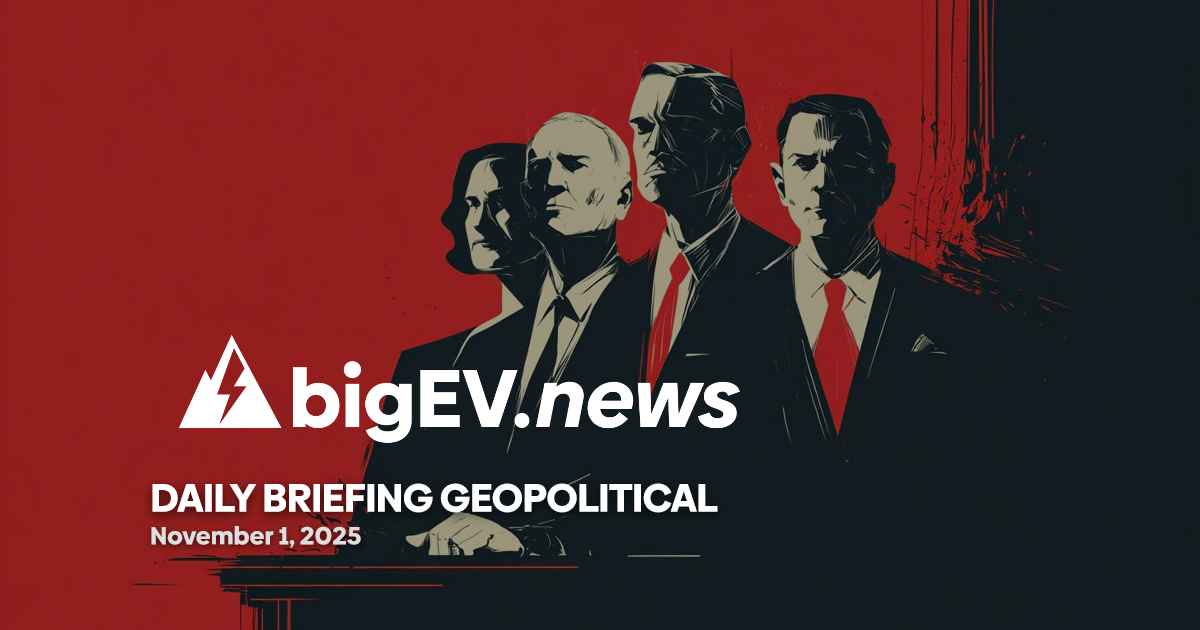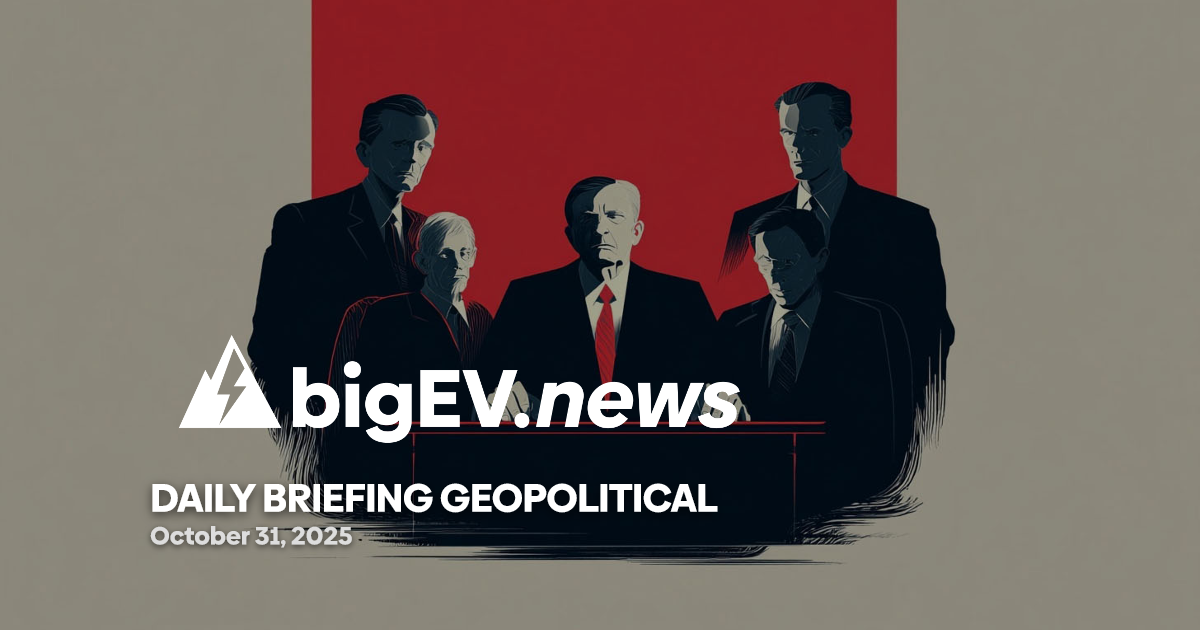Global energy flows, technology alliances, and financial markets face mounting disruption as geopolitical tensions and sanctions intensify across multiple regions.
At a glance – The past 24 hours have seen a marked escalation in geopolitical risk, with the Russia-Ukraine conflict intensifying as the U.S. considers supplying Ukraine with Tomahawk cruise missiles and targeting intelligence to strike Russian energy infrastructure. This has already led to acute fuel shortages across Russia and Crimea, while European leaders debate a $165 billion loan to Ukraine backed by frozen Russian assets. Simultaneously, G7 finance ministers have pledged coordinated sanctions against countries importing Russian oil, signaling a tightening global energy market and heightened volatility for energy-dependent industries. In the Middle East, Israel’s acceptance of a U.S.-brokered peace proposal for Gaza, with support from Qatar and Egypt, has not yet quelled tensions, as Hamas and other militant groups remain undecided. Meanwhile, the U.S. government shutdown adds further uncertainty to domestic and international markets, raising the risk of political and economic destabilization.
Technology advance – In the Indo-Pacific, the status quo persists, but with significant undercurrents: leaked Russian documents confirm that Russia is providing China with equipment and training for potential airborne operations targeting Taiwan. This deepening military-technology cooperation raises the stakes for semiconductor supply chains, as Taiwan rejected a U.S. proposal to relocate half its chip industry to American soil. The move underscores the island’s strategic importance in global electronics, batteries, and electric vehicle (EV) supply chains, and highlights the fragility of cross-border technology flows amid rising U.S.-China tensions. India and Taiwan have separately indicated willingness to reduce Russian crude imports, suggesting a potential realignment of energy and technology alliances in Asia.
Partnerships – The week’s most consequential partnership development is the U.S. administration’s decision to maintain its trilateral security treaty with the U.K. and Australia, following a comprehensive review. This move reassures defense and clean tech sectors reliant on transpacific collaboration, particularly in advanced battery and charging infrastructure projects. In the Middle East, diplomatic efforts have intensified, with Qatar and Egypt actively supporting the U.S. peace plan for Gaza, while Türkiye applies pressure on Hamas to accept the deal. These alliances are critical for stabilizing energy transit routes and ensuring the security of critical infrastructure, including ports and shipping lanes vital for global supply chains.
Acquisitions/expansions – In Africa, Madagascar’s President Andry Rajoelina dismissed the Prime Minister and Cabinet amid deadly protests over chronic electricity and water shortages. The government shakeup, which invites new candidates for leadership roles, signals potential shifts in foreign investment and infrastructure development, particularly in the energy and utilities sectors. The instability threatens ongoing and planned projects in renewable energy and grid modernization, with implications for international investors and technology providers seeking to expand in the region. Meanwhile, Venezuela accused the U.S. of military provocation after detecting fighter jets near its coast, raising the risk of further disruptions to oil exports and investment in Latin American energy infrastructure.
Regulatory/policy – The U.S. government shutdown, triggered by a deadlock between Republicans and Democrats, has immediate ramifications for regulatory approvals, federal funding, and policy implementation across energy, transportation, and technology sectors. Defense Secretary Pete Hegseth’s public criticism of military leadership and diversity programs signals a potential shift in defense policy and procurement priorities, with possible downstream effects on contractors and suppliers in the defense and advanced manufacturing sectors. In Afghanistan, a nationwide internet blackout linked to Taliban crackdowns on “immorality” highlights the vulnerability of digital infrastructure and the risks to international technology and telecom investments in unstable regions.
Finance/business – Financial markets are reacting to the compounded risks of energy sanctions, supply chain disruptions, and political instability. The G7’s commitment to coordinated measures against Russian oil importers is expected to tighten global oil supplies, driving up prices and increasing costs for battery, motor, and charging infrastructure manufacturers worldwide. S&P Global notes that the rise of nationalism and protectionism is undermining globalization, exposing weaknesses in cross-border supply chains and threatening economic growth. The ongoing Russia-Ukraine conflict and the proliferation of cyberattacks targeting critical infrastructure further elevate financial and operational risks for multinational corporations, investors, and insurers with exposure to energy, transportation, and technology sectors.
Sources: New Lines Institute, Anadolu Ajansı, S&P Global, Global Sumud Flotilla, International Committee to Break the Siege on Gaza, Madagascar Presidency









